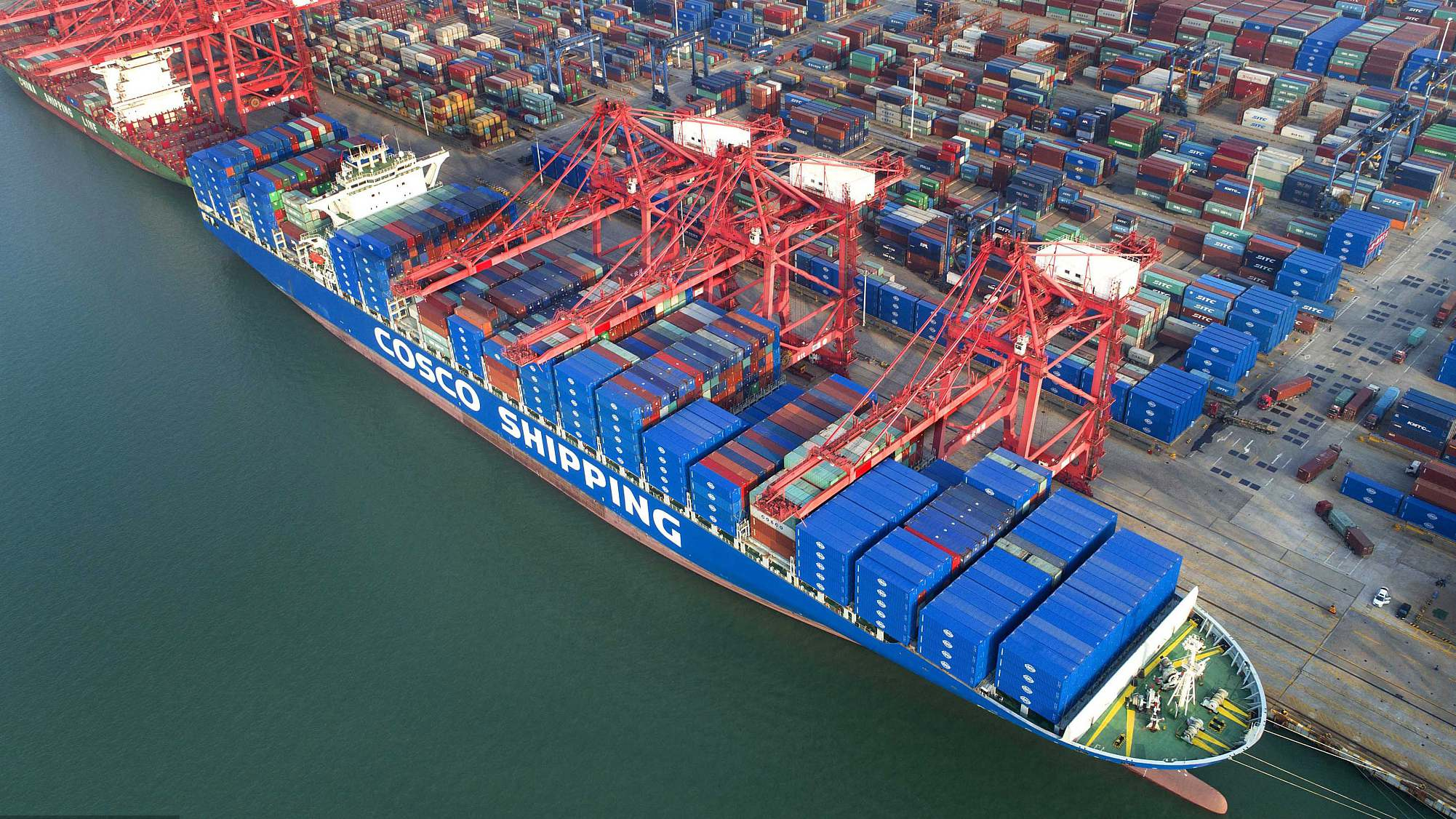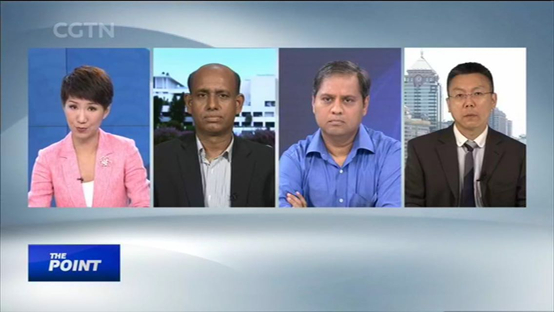
Opinions
22:37, 29-Aug-2018
Opinion: How the BRI is perceived in various regions through different media
Updated
21:50, 01-Sep-2018
CGTN's The Point

"It's purely economic and trade cooperation. It's about connectivity, building roads, bridges, ports, airports. Things like that," said Xu Qinduo, a senior journalist from China Radio International.
China's Belt and Road Initiative has received plenty of attention from around the world since its first day of inception. While some countries see it as a boost to create connectivity and enhance economic growth, others see China's efforts as a threat.
The media have also played a major role in shaping how the initiative is perceived in various regions.
"The majority of media in Pakistan is very much positive about the BRI," said Iftikhar Shirazi, the bureau chief for Dawn TV. However, "a lot of Indians felt that it was more a plan of China dominating the world order," said Zeeshan Shaikh, a correspondent for The Indian Express.
Xu rejected the idea that China's BRI is a "geopolitical consideration." He thought China benefits greatly from its strong infrastructure process, so China and Chinese companies would like to apply such experience to the countries where they invest.
02:15

Shirazi said that Pakistan and China have a long history of solid relations. He added that China's significant investment in Pakistan has been one of the main reasons that the Pakistani people and media have been positive about the BRI.
He thought western propaganda against the BRI profoundly influences the negative voices about BRI.
Shaikh said he thought the tense relationship between China and India made "the BRI project not looked at in a positive light or with too much sympathy back home in India."
He added that there have been so many meetings between the Indian Prime Minister and Chinese leadership, and that perhaps the tone is shifting.
"There is a certain degree of a positive approach that has come to the project in the Indian media," he added.

SITEMAP
Copyright © 2018 CGTN. Beijing ICP prepared NO.16065310-3
Copyright © 2018 CGTN. Beijing ICP prepared NO.16065310-3